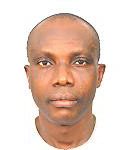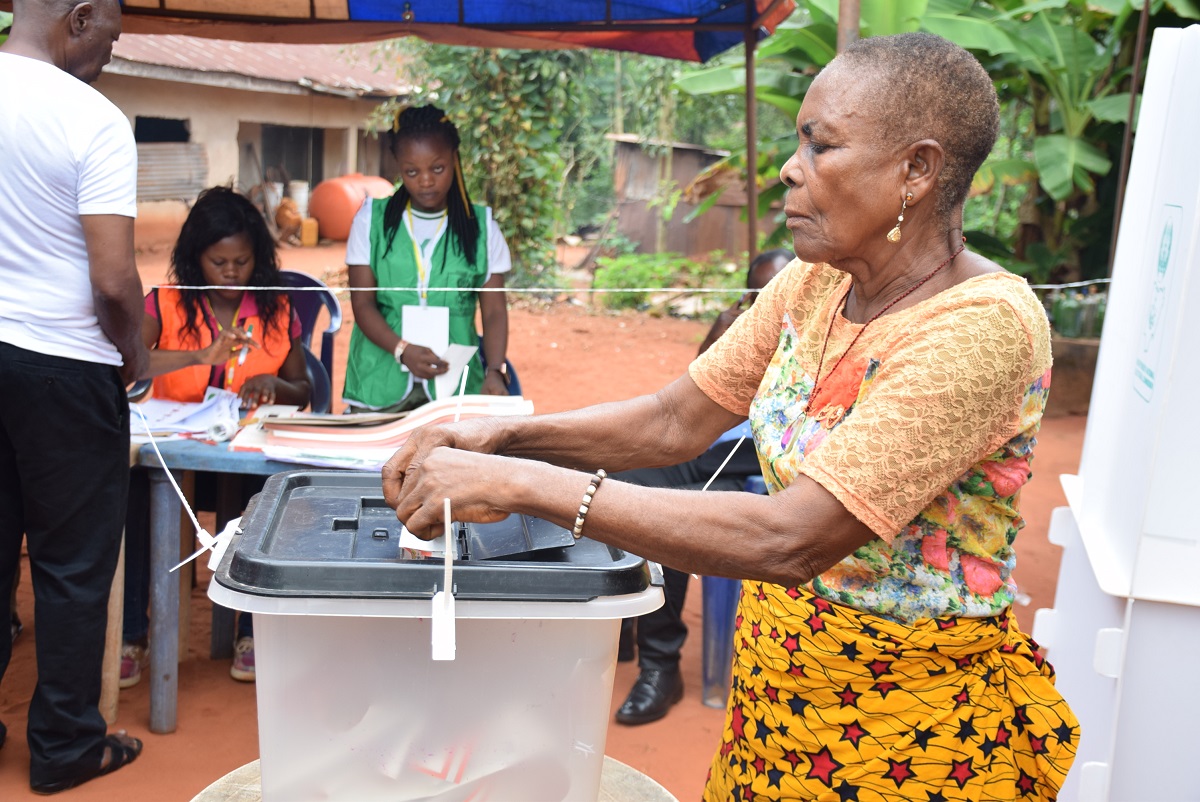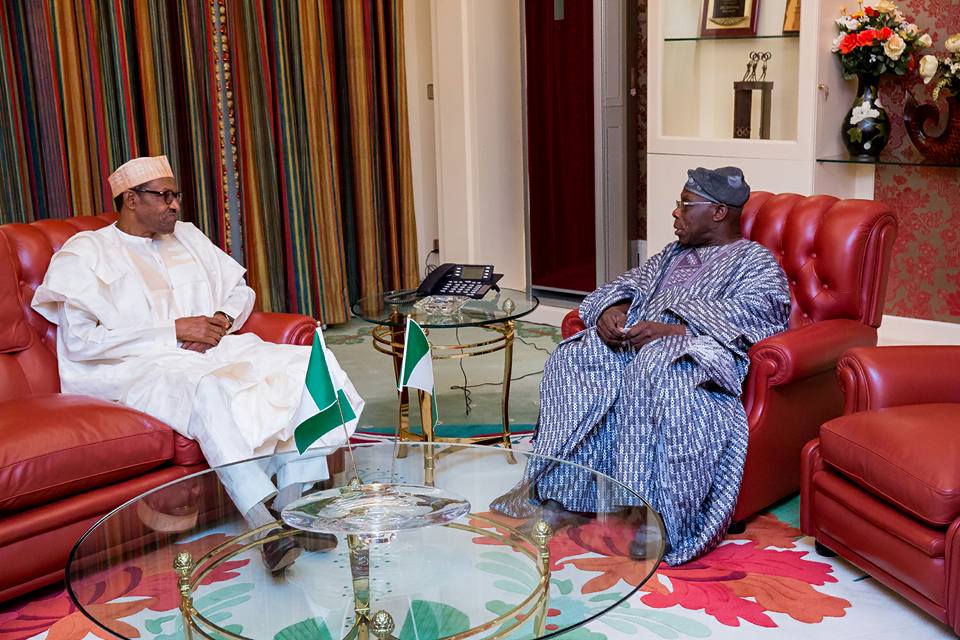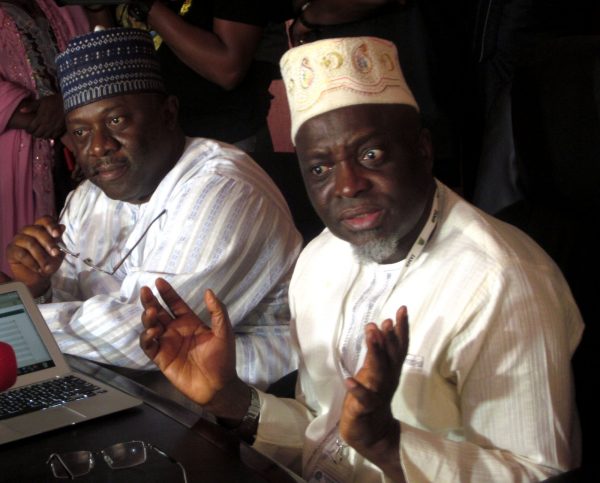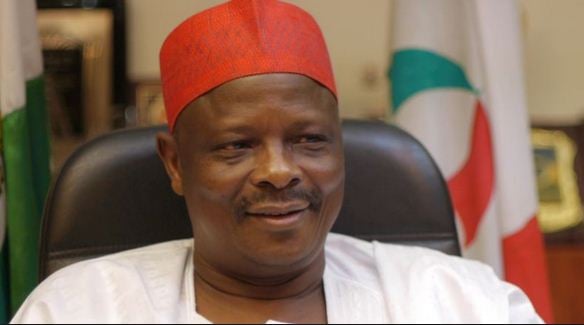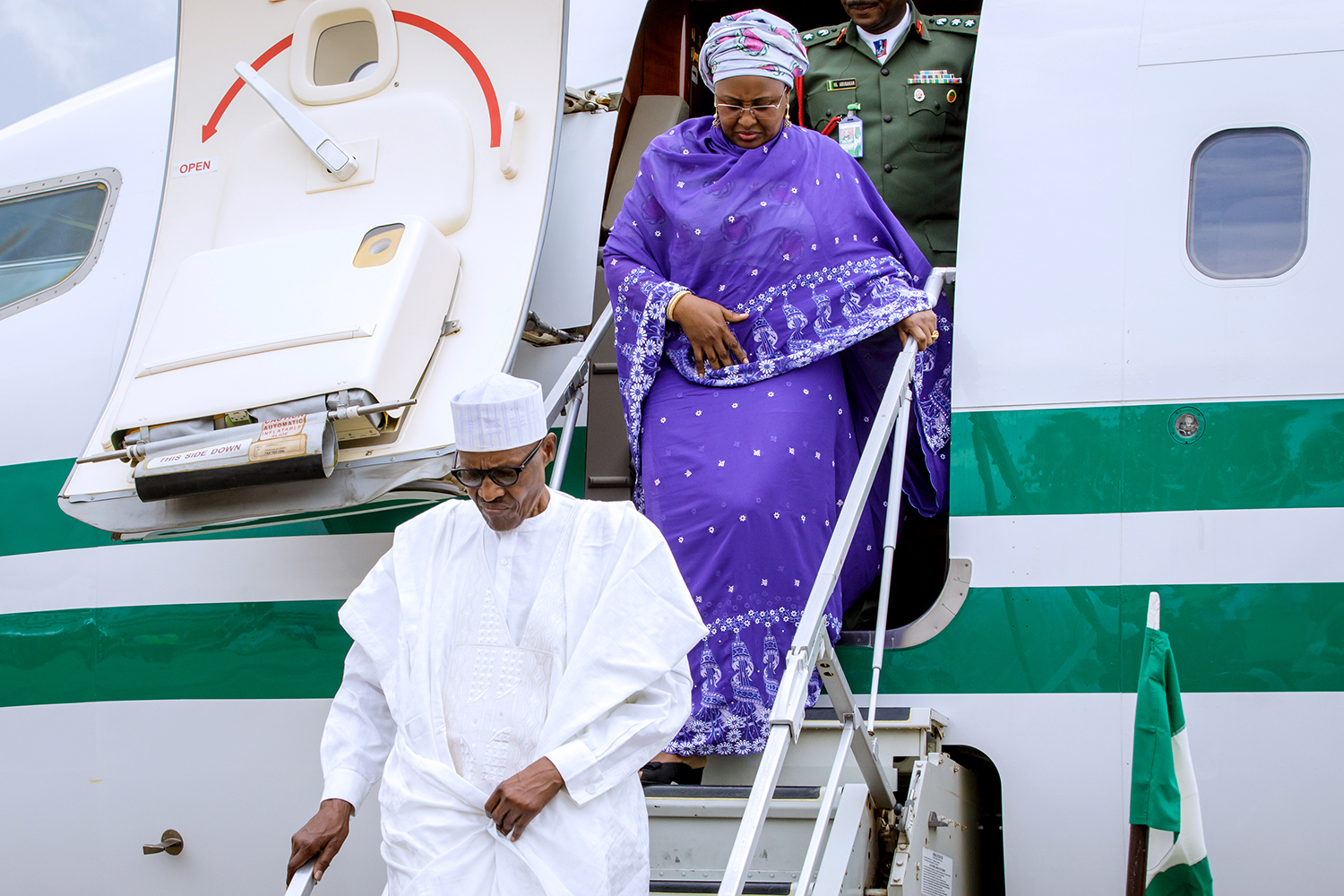If members of the National Assembly have their way, as they seem intent on doing, presidential poll would tailguard the sequence of the Nigerian general election due next year. And if that happens, the election management body, the Independent National Electoral Commission (INEC), would be crudely arm-twisted over the timetable it has already announced, which heads up with national elections comprising the presidential and national assembly polls.
The national lawmakers dug their heels deeper into the gameplan late last week as the Senate fell into line with an alteration to Section 25 of the Electoral Act 2010, as amended, being proposed by the House of Representatives. The House had late last January altered the principal act by inserting a new sub-section 25 (1) providing that: ‘Elections into the office of the president and vice president, the governor and deputy governor of a state, and to the membership of the Senate, the House of Representatives and House of Assembly of each state of the federation shall be held in the following order: (a) National Assembly elections (b) State Houses of Assembly and Governorship elections, and (c) presidential elections.’
Besides tweaking the sequence of elections already made public by INEC, the deal being proposed by the national lawmakers involves three streams of elections. The commission in its timetable had outlined two streams of poll by combining national (namely presidential and national assembly) elections on one day and state (i.e., governorships and state houses of assembly) elections on another day. That, of course, isn’t mentioning the Federal Capital Territory (FCT) area council poll that the commission has scheduled to hold simultaneously with the state elections.
To engender certainty about election schedules in Nigeria in the absence of statutory specification of dates as one would find in many other electoral jurisdictions, INEC had since March, last year, announced a standardisation of national elections to henceforth hold on the third Saturday in February of a general election year, while state elections are to hold two weeks after. For the 2019 elections in particular, the commission early last January outed with a notice of poll scheduling national elections for February 16th 2019, and the state elections forMarch 2nd.
Advertisement
As things presently stand, however, National Assembly members are among other amendments proposing a three-phased election schedule that would conclude with the presidential poll, thereby tossing the electoral body’s work plan in the thrash bin. My aim in this piece is to interrogate the propriety, and that is not mentioning legality, of the changes being proposed by lawmakers.
History offers some help in understanding how INEC hit upon two-streamed election schedules, as opposed to three streams being canvassed with the NASS amendment. Up till 2011, elections were conducted in at least three phases, and they typically kicked off with nationally assembly elections and concluded with the presidential poll. But following the reforms of 2011 that restored integrity to the ballot box – invariably, though, with cost escalation arising from hugely expanded logistics – clamour surged from the Nigerian public for all elections to be conducted simultaneously on the same day. In any event, the clamour aligned with global best practice, because that happens to be the pattern in most developed democracies and, indeed, developing democracies like Kenya, Liberia, Egypt and South Africa. Nigeria was out of that loop, though.
In response to the public clamour, and with only nascent strides yet achieved in restoring integrity to Nigerian elections, INEC under the former leadership of Professor Attahiru Jega balked at taking the plunge down the one-day-for-all-elections route. But it did scale down the scheduling profile by collapsing national elections into one day, and state elections into another day for the 2015 general election.
Advertisement
The notice of poll for the 2019 general election recently published by the current electoral commission led by Professor Mahmood Yakubu was obviously in keeping with that cost-cutting and public responsive initiative. Only that the amendments now being proposed by national lawmakers are primed to overturn all that.
The legislators have argued that the proposed alteration in no way infringed the statutory independence of INEC to schedule and conduct elections. Among others, the chair of Senate committee on Electoral Act amendment, Senator Suleiman Nazif, was last week reported saying re-sequencing of the 2019 elections through the proposed amendments of the principal act did not conflict with extant provisions. Sections 76(1), 116(1), 132(1) and 178(1) of the 1999 Federal Constitution, as amended, for instance, empower INEC to appoint the date for respective election – but with a 2010 amendment caveat, to wit: ‘in accordance with the Electoral Act.’ Nazif stated: “For avoidance of doubt, this amendment bill with the inclusion of section 25(1) which makes provision for sequence of elections different from the one earlier rolled out by INEC has not in any way violated any provisions of the laws governing the operations of the electoral body.”
On the face of things, he could seem right. Because the apparent logic is that the Constitution, by way of the 2010 amendment, already commits INEC to exercise its assigned powers in deference to the Electoral Act – which exactly is what NASS members are pushing to amend to suit their re-scheduling fancy. But this logic begs the question of the effect of subsection 15(a) of Part 1 of the Third Schedule of the 1999 Federal Constitution, which prescribes that INEC shall ‘have power to organise, undertake and supervise all elections to the offices of the President, Vice-President, the Governor and Deputy Governor, of a state, and to the membership of the Senate, the House of Representatives and the House of Assembly of each state of the Federation.’
Many would argue, and the commission could as well, that the constitutionally endowed power to ‘organise’ and ‘undertake’ elections invariably involves INEC setting the dates and sequences it fancies for such elections.
Advertisement
But we could as well leave arguments about the fine points of law and consider practical implications of the proposed reordering of the 2019 elections. And the place to begin, perhaps, is by asking what or whose interest the new arrangement being proposed is likely to serve. I do not pretend to be infallible on this matter; but so far as I see, the proposed re-sequencing would only possibly shield national lawmakers up for election next year from the proverbial bandwagon effect of the presidential poll.
But if that is all there is to gain from the proposed plan, the price for Nigeria to pay in material and social dislocation costs of having three election days in 2019 rather than two is unduly monumental. Recall, for instance, that the country is usually locked down on election days, with tailspinning dislocation of social and economic activities, including local and international travels. Some interrogators have actually wondered why the NASS won’t consider grouping all legislative elections – national and state assemblies – into a stream and executive elections – governorships and presidential – into another stream, if only for minimal disruption of INEC’s logistical designs.
That, of course, isn’t counting the sheer escalation of the material cost of staging three elections, as opposed to staging two. Such escalation would come from mobilising, deploying and demobilising more than a million regular and ad hoc polling officials as well as security agents for three election days. Actually, it could also overtax the psychological potential of these essential polling staff. And that is not to mention similar levies to be borne by domestic and international election observers.
Truth be told, the proposed re-sequencing of the 2019 elections by NASS is a terribly bad idea and should be discarded.
Advertisement
Please join me on kayodeidowu.blogspot.be for conversation.
Advertisement
Views expressed by contributors are strictly personal and not of TheCable.
Add a comment
